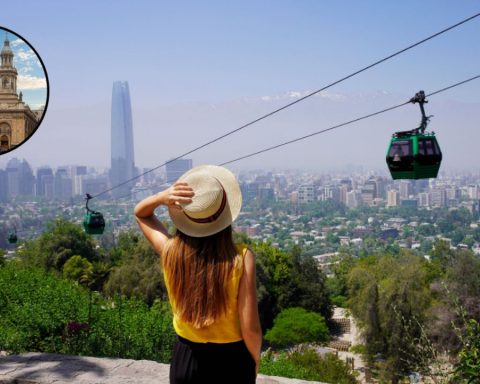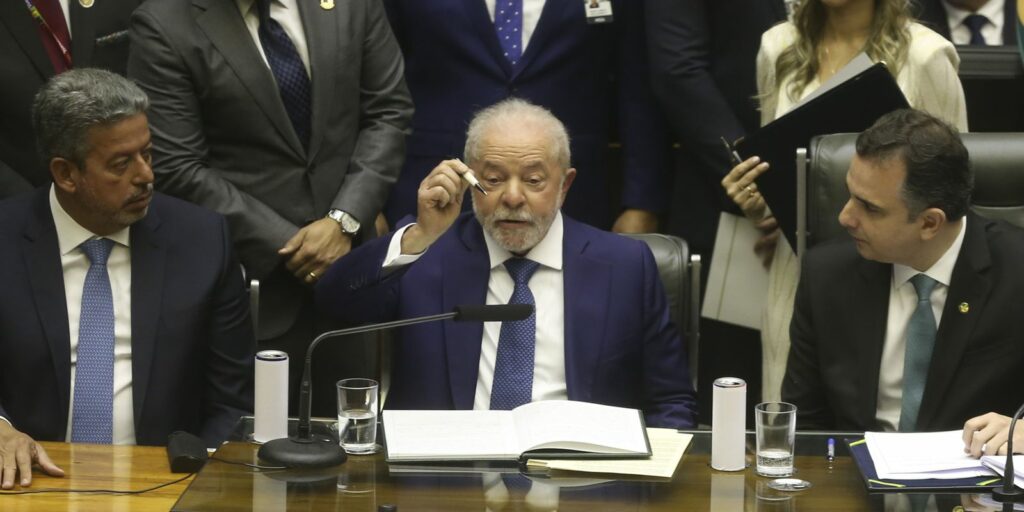This Wednesday, January 4, the Government of President Gabriel Boric should announce the third name proposed to assume the position of National Prosecutor, vacant for three months, and after the Senate rejected, in an unprecedented way, its first two candidates, José Morales and Marta Herrera. In this way, the Executive is left with a minimum margin of action, in the midst of a tense political climate, due to the questioned roles of the Ministers of Justice, Marcela Ríos, and of the Segpres, Ana Lya Uriarte, also dotted, by the way, for the pardons granted by the President and the reactions that such decision provoked on the right.
President Boric understands that a third failed attempt would be fatal, not only in terms of his leadership and the political direction of his Government, but also because it would further taint his complex relationship with the National Congress, while deepening the enormous internal institutional crisis of the persecuting body. That is why this Wednesday’s decision is so relevant, considering that it requires a quorum of two-thirds of the senators in office -33 votes-, to confirm the name of who will direct the destinations of the National Prosecutor’s Office for the next eight years.
The President’s decision should be restricted to the panel drawn up by the Supreme Court, made up of prosecutors Juan Agustín Meléndez (current deputy National Prosecutor), Carlos Palma, Nayalet Mansilla, as well as lawyers Erika Maira and Ángel Valencia. The conversations within the Senate about the names that are located in the pole position They revolve in the first place around Meléndez, current Regional Prosecutor of Los Ríos, followed by Palma and, in third place, Valencia, who maintains important support in the Upper House.
It should be remembered that the lawyer Ángel Valencia, who had the necessary votes to be ratified in the National Congress, was never completely convinced in the Political Committee, where the Minister for Women and Gender Equality, Antonia Orellana, questioned him – something that the Government denied – for having defended those accused of sexual crimes. Regarding the Regional Prosecutor of Aysén, Carlos Palma, also with broad support in the Senate and the approval of institutions such as the PDI, the complaint filed against him by a defendant in the Hurricane Case would, until now, be the reason for the handbrake he imposed. The Coin to his nomination.
In this context, the name of Juan Agustín Meléndez, Regional Prosecutor of Los Ríos since 2015, and who in September 2022 took over as deputy National Prosecutor, replacing a questioned Jorge Abbott, emerges strongly. Despite the fact that many in the Senate describe his experience as optimal to lead the important challenges that lie ahead for the Public Ministry, critical voices are emerging who admit that his election would be very similar to that of Sabas Chahuán and Jorge Abbott himself, that is, that his option grows to the extent that the feasibility of naming others is reduced.
For his part, Senator Iván Flores (DC) ruled out that Meléndez is a discard option, assuring that “simply, I believe that it is today the best letter that the Government can have, that arouses the adhesion and respect of the Senate. Thus of simple”. Meanwhile, from the ruling party, Senator Jaime Quintana (PPD) said that in this discussion he should prioritize the security of the country, over the political definitions of how much damage is done to the Executive by some sectors.
Meanwhile, the opposition is also playing its cards, and Chile Vamos warned La Moneda that it will not sponsor an eventual candidacy of the lawyer recently incorporated to the quina, Erika Maira, who was questioned by some old tweets where she criticized and ironized against said sector. Precisely, a senator from RN recognized that the decision should be between Palma, Meléndez or Valencia, pending the Government’s nomination. “If the President continues to insist and does not listen to us, we are going to vote against it, but there is no official definition. The important thing is that they do not have commitments with those close to Abbott, that they have independence,” admitted the parliamentarian.
In this way, with no margin for error, President Gabriel Boric will deliver this Wednesday the name of who, he hopes, will be his final letter to assume a position that many have interpreted as political booty. This, in the context of a Public Ministry headless for more than 100 days, a government under pressure and delegitimized by a failed process that has had obvious political costs, and a Senate that has not been able to assume its own responsibility in the institutional crisis of the persecutory body that became more acute with the election of Jorge Abbott in 2015, with his own sponsorship. Now, and after the nomination of the President, the Upper House itself will be in charge of ruling on the matter, with a team made up of questioned candidates who do not generate greater consensus.
















